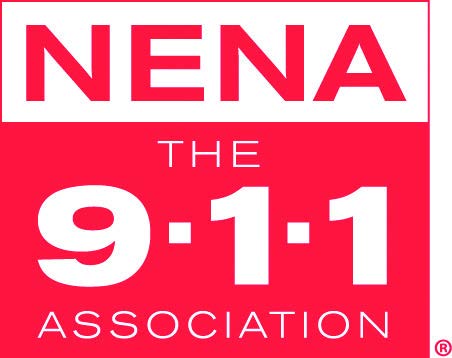911 Dispatch
National Emergency Number Association (NENA)
Pipeline Emergency Operations Standard/Model Recommendation*
Dispatch personnel play a critical role in effective response to pipeline incidents. A dispatcher’s actions can save lives, direct the appropriate emergency responders to the scene, as well as help protect our environment and our nation's infrastructure. The National Emergency Number Association (NENA) recommends a focus regarding three critical areas:
- Awareness of pipelines affecting 911 service area,
- Pipeline leak recognition and initial response actions, and,
- Additional notifications to pipeline operators
Goals for initial intake:
- Obtain and verify incident location, callback and contact information
- Maintain control of the call
- Communicate the ability to HELP the caller
- Methodically and strategically obtain information through systematic inquiry to be captured in the agency’s intake format
- Recognize the potential urgency of situations involving the release of dangerous gases or liquids related to pipelines or similar events of this nature and immediately begin the proper notifications consistent with agency policy
- Perform all information entries and disseminations, both Initial and updated
First response call intake checklist:
- Determine location
- Determine exactly what has happened
- Determine if immediate danger exists
- Initiate public response resources
- Contact the pipeline company as soon as practical
Additional notifications:
- Valve closure
- Should be performed only by pipeline company personnel
- Many pipeline companies also have the ability to perform these actions remotely
- If pipeline emergency contact information is unknown
- Call 811 to obtain operator emergency information
- Ask emergency responders to look for pipeline markers in the area
- Local gas companies are often times aware of other operators in their service area and may have contact information for these companies
Additional Resources
- Identified Sites Registry
- National Emergency Number Association
- National Pipeline Mapping System
- CoRE - Pipeline Safety Training
- Additional Pipeline Safety Information
Connect with us
